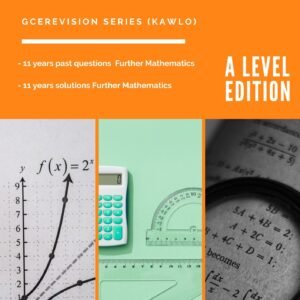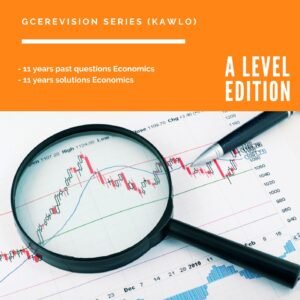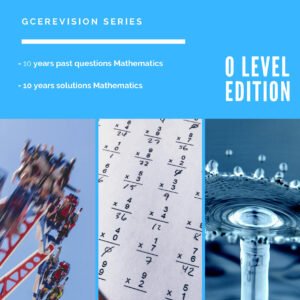cameroon gce A level June 2024 philosophy 2
cameroon gce A level June 2024 philosophy 2
SECTION ONE: WESTERN PHILOSOPHY
1 . According to Parmenides, “being is changeless”. How tenable is this assertion? (25 marks)
2. True knowledge starts from reason alone. Examine the validity of this Cartesian assertion. (25 marks)
SECTION TWO: AFRICAN PHILOSOPHY
J. The ethno-philosophical trend represents an authentic approach to African philosophy. Do you agree? (25 marks)
4. The communalistic spirit dominates the African ethical worldview. Discuss (25 marks)
SECTION THREE: TEXTUAL ANALYSES
5. Read the following passage and answer the questions that follow
For motion is nothing else than the reduction of something from potentiality to actuality. But nothing can be
reduced from potentiality to actuality, except by something in a state of actuality. Thus that which is actually hot, as
fire, makes wood which is potentially hot to be actually hot, and thereby moves and changes it. Now, it is not
possible that the same thing should be at once in actuality and potentiality in the same respect, but only in different
respects. For what is actually hot, cannot simultaneously be potentially hot; but it is simultaneously potentially cold.
It is therefore impossible that is, that it should move itself. Therefore, whatever is in motion must be in motion by
another. If that by which it is put in motion be itself put in motion, then this also must needs be put in motion by
another and that by another again. But this cannot go on to infinity, because then, there would be no first mover, and
consequently, no other mover; as the staff moves only because it is put in motion by hand. Therefore, it is necessary
to arrive at a first mover put in motion by no other; and this everyone understands to be God.
St. Thomas Aquinas, Summa Theologica
Questions
a) Give the main theme and logical articulations of the passage.
OR
State the author’s problem and solution provided in the passage above.
b) Explain the following:
“For motion is nothing else […] from potentiality to actuality.”
(ii) ‘“But this cannot go on to infinity”
c) Why does the author think that it is impossible for the series of movers to go to infinity?
d) Which aspect of Aristotle’s philosophy does Aquinas borrow in proving God’s existence?
e) Contrast Aquinas’ proof of God’s existence with the ontological argument of St. Anselm
f) What is the impact of the text on contemporary society?
(5 marks)
0)
(2 x 2 marks)
(3 marks)
(4 marks)
(4 marks)
(5 marks)
Read the following passage and answer the questions that follow
Human need for community as the kernel of Ubuntu ethics has been expressed by a number of Ubuntu scholars.
John Mbiti, for example, states that Ubuntu ethics is based on the premise that an individual becomes conscious of
his own existence, rights and obligations through other individuals, society and the environment. There is no real
personal existence independent of the society and environment. Whatever affects one individual affects the entire
society and its environment. Likewise, whatever affects the society affect each individual in it and that person’s
environment. Thus, “an individual can only say, I am, because we are; and since we are, therefore, I am.”
Leonard Tumaim Cliuwa, African Indigenous Ethics in Global Bioethics















Gilbert Nforme Tata
January 15, 2025
I will want a solution to the quesion entirely